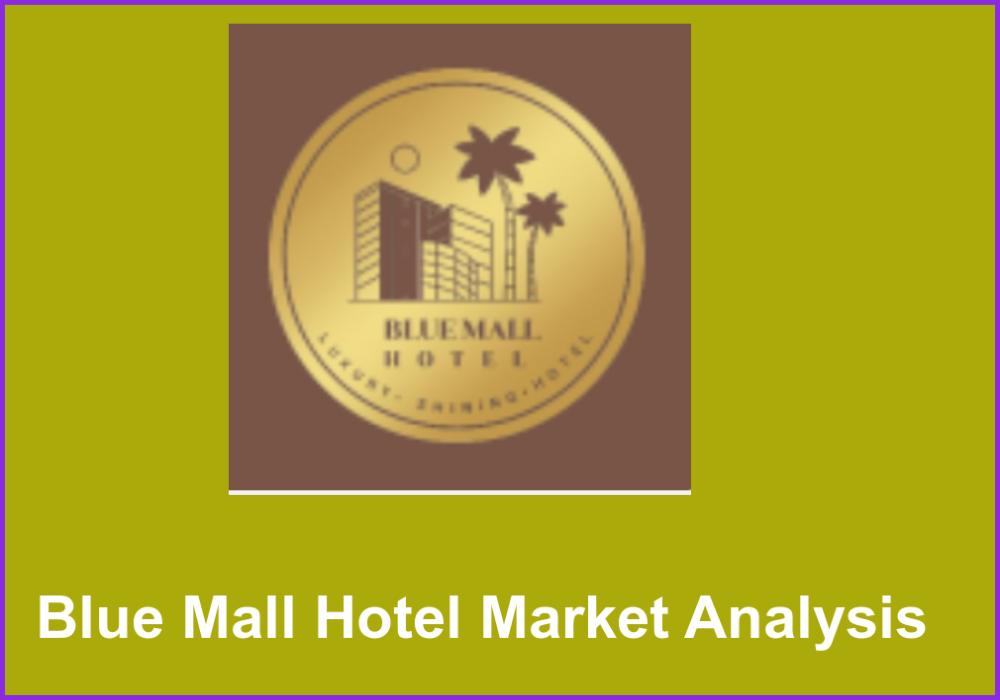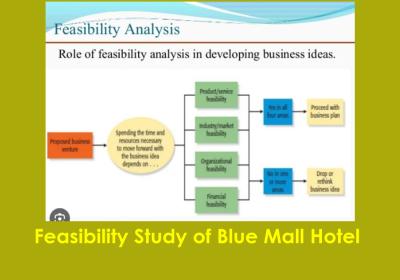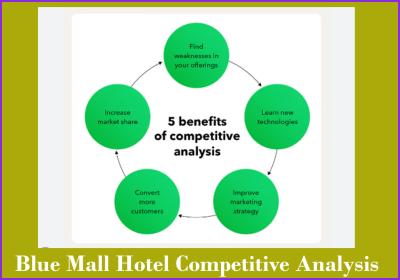What is Market Analysis?

Market analysis is a critical component in the planning phase of opening a new small hotel. It involves examining the current market conditions to determine the potential for success and identifying the factors that could influence your business. Here is a detailed breakdown of the key elements involved in a comprehensive market analysis:
Industry Overview
- Evaluate the overall hospitality industry trends.
- Assess the growth rate of the hotel industry in your target location.
- Identify the impact of economic, social, and technological changes on the industry.
Local Market Conditions
- Examine the local tourism statistics, including the number of visitors, seasonality, and duration of stays.
- Analyze the economic conditions of the region, such as employment rates, average income levels, and business activity.
- Assess the impact of local events, festivals, and attractions on hotel demand.
Target Market Analysis
- Identify the primary and secondary target markets for your hotel.
- Study the demographics of your target audience, such as age, gender, income, occupation, and lifestyle.
- Understand the travel behavior and preferences of your target market, including booking patterns, preferred amenities, and spending habits.
Competitive Landscape
- Identify direct and indirect competitors within the vicinity of your planned hotel.
- Analyze the strengths, weaknesses, opportunities, and threats (SWOT) of your competitors.
- Assess competitors' pricing strategies, room types, amenities, and customer service.
- Examine competitors' marketing tactics and online presence, including their social media and review sites.
Demand and Supply Analysis
- Determine the current demand for hotel accommodations in your target area.
- Evaluate the existing supply of hotels, including the number of rooms, occupancy rates, and average daily rates (ADR).
- Identify potential gaps in the market, such as underserved customer segments or unmet needs.
Environmental and Social Factors
- Assess the environmental factors that could impact your hotel, such as climate, natural disasters, and sustainability concerns.
- Understand the social and cultural factors that may influence customer preferences and expectations.
- Consider the impact of local regulations, policies, and tourism initiatives on your business.
Technological Trends
- Identify the technological advancements shaping the hospitality industry, such as mobile booking, keyless entry, and smart room features.
- Assess the importance of having a strong online presence, including a user-friendly website, online booking capabilities, and social media engagement.
- Understand the role of online reviews and reputation management in attracting and retaining customers.
Economic Analysis
- Evaluate the broader economic factors that could impact your hotel, such as inflation, exchange rates, and interest rates.
- Consider the impact of economic cycles on travel and tourism, including periods of recession and economic growth.
- Analyze the potential for corporate and business travel, including trends in remote work and business meetings.
Conducting a thorough market analysis will provide you with valuable insights into the opportunities and challenges facing your new hotel. It will help you make informed decisions about location, pricing, services, and marketing strategies, ultimately contributing to the success and sustainability of your business.



